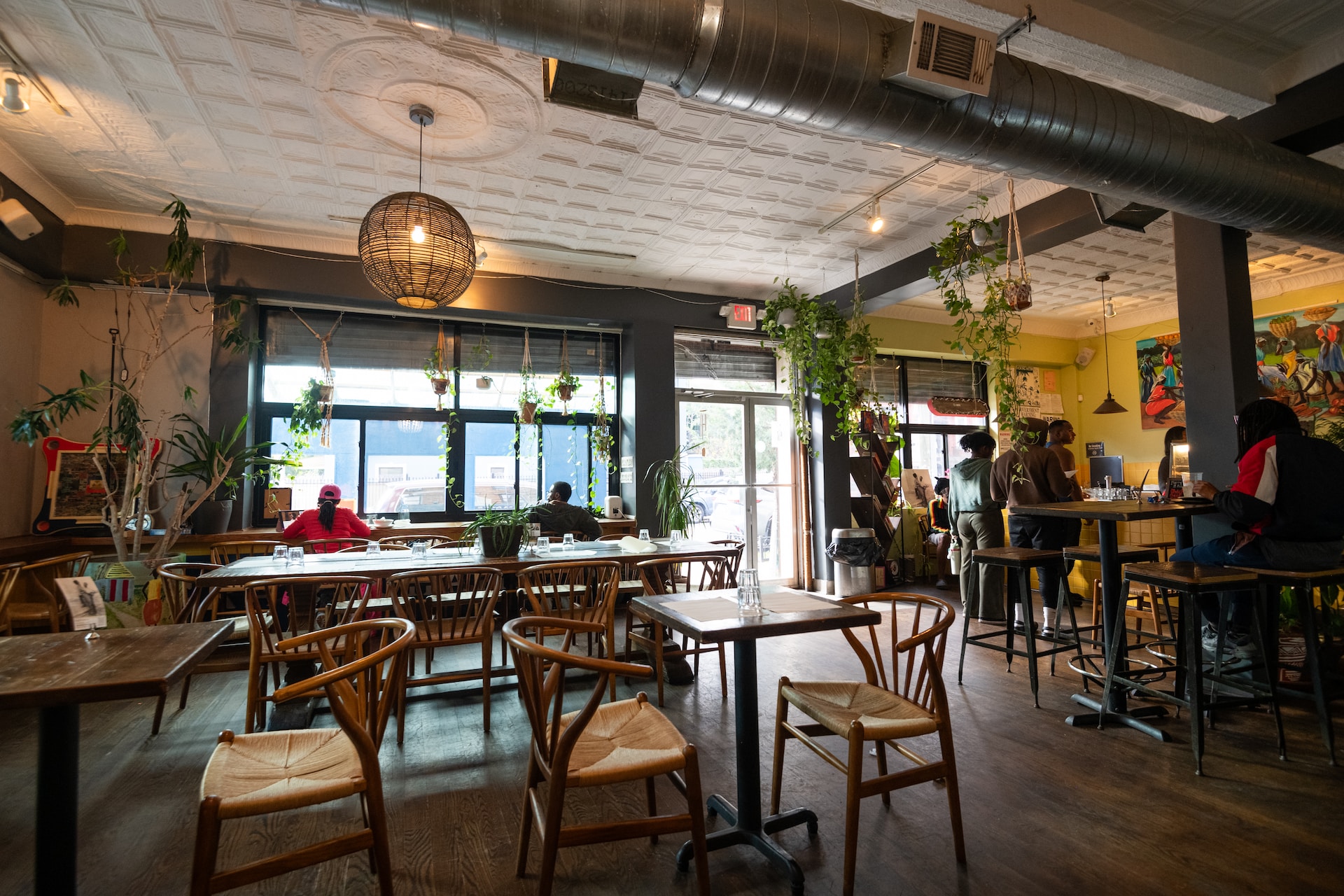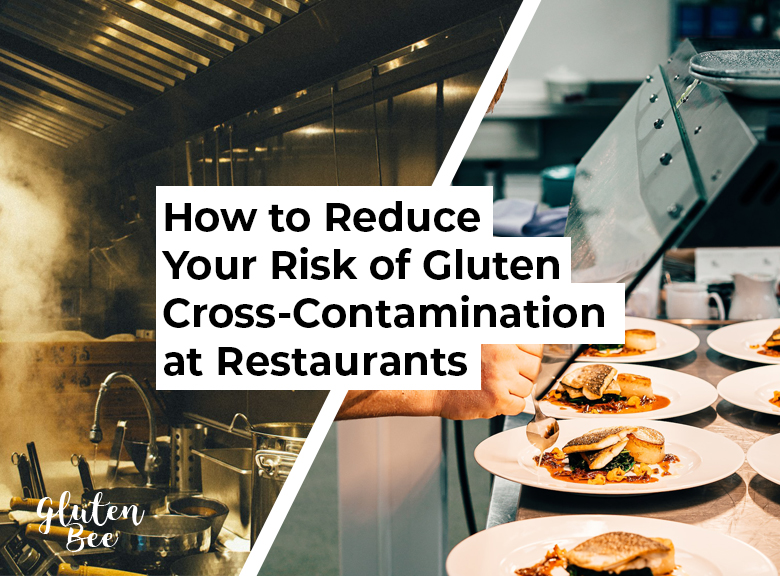When you have a gluten intolerance or Celiac Disease, eating out can be very anxiety-inducing. The constant fear of getting accidentally glutened is always top of mind.
How can you avoid this psychological trauma and enjoy going out to restaurants again? Here are some helpful tips and strategies you can employ at restaurants of all types to protect yourself.
The Best Ways to Reduce Cross-Contamination Risk from Gluten
1. Vet the Restaurant
First and foremost, you should try to do research before going out to a new restaurant whenever possible. Obviously this isn’t always the easiest thing to do because oftentimes we find ourselves out to a new place when traveling or per a friends suggestion. But even a simple search online or review of a restaurants options can save you a lot of trouble!
Another great idea is to use apps and other methods to find gluten free restaurants. Platforms like Find Me Gluten Free help you find a restaurant that is already reviewed by other people with Celiac Disease or other intolerances to gluten/wheat, so you can be sure you’re safe.
Here are some good things to check before going to a new restaurant:
- Do they have a gluten free menu?
- Are there any reviews on Google or Yelp from other people with Celiac Disease?
- Do they offer natural options or is it a lot of processed foods?
- What is the type of cuisine?
- Do you have a fallback option nearby if this restaurant is unsafe?

Photo: Michael Moloney
2. Explain Your Disease/Allergy
When I go out, I always am vocal about having Celiac Disease. When they ask if anyone has any allergies at the table, I say gluten and wheat. This way the staff takes precautions right from the get go with the items they recommend to you, and how they handle your food. Keep reading the next section below to see all the common phrases I use when talking with a waiter about my potential options at a restaurant.
The American College of Allergy, Asthma, & Immunology has a great overview of wheat and gluten allergy symptoms and management/treatment options. This is a really useful reference when trying to better understand your allergy or intolerance.
3. Mention Cross-Contamination Risk
Ask about fryers, talk about risk of bread or other gluten touching, ask if sauces or pasta are in shared water or containers/pans.
When I first found out I had a gluten intolerance, I was always so afraid to speak up for fear of embarrassment or annoying people around me. The truth is though, the only way to protect yourself is to be vocal! You can be extremely polite and respectful about it, while still making sure you are safe. Here are some phrases that work for me:
- “I have Celiac Disease which means I cannot have anything with wheat or gluten in it. Do you have any safe gluten free options here?”
- “I have a gluten allergy.” – While this isn’t technically correct, restaurants are trained to take allergies seriously, so this can be a good way to alert them right away.
- “Do you have a shared fryer?” – It’s always good to check if you’re planning to get any food that is fried. If it’s shared, the risk of getting sick is about 25 – 50%.
- “Do you have a gluten free menu?”
- “Can you mark my order as gluten free and let the kitchen know I have an allergy (or swap out allergy for Celiac Disease)?”
4. It’s OK to Leave
If you don’t feel safe, just know that it’s ok to leave and find a restaurant that can better accommodate you! Sometimes this is tricky if you’re with a group. In that case, enjoy a beverage of your choice and wait it out. But typically people that care about you and your wellbeing will be fine with leaving if they know you can’t safely enjoy a meal with them at the restaurant.
Know that it is important to advocate for yourself and the more you speak up, the less sick you will be.
Conclusion
I hope all of these tips can help you to enjoy eating out safely and with a worry free mind. The longer you have to avoid gluten, the better you get at knowing the best ways to protect yourself. Remember to be patient and be kind to yourself. It’s a long journey of self discovery when you are dealing with chronic illnesses.
What are your best tips for protecting yourself from cross-contamination risk? Leave a comment below to help someone else!






